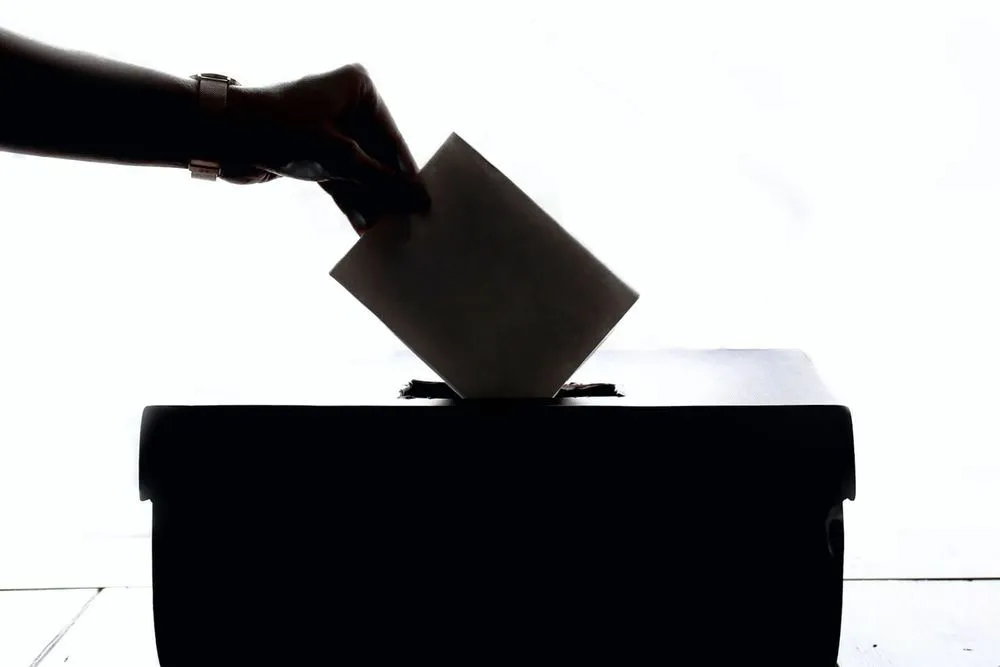Election Security Official Warns of Emerging Nation-State Threats
A top U.S. counterintelligence official warned Wednesday that Americans should be prepared for a “rocky” election season with possible interference attempts coming not only from Russia and China but also from several emerging nation-state threat actors.
William R. Evanina, the director of the National Counterintelligence and Security Center, said at a virtual event hosted by the U.S. Chamber of Commerce that his biggest concern is ransomware attacks and other intrusions that could prevent people from voting. Evanina said counterintelligence officials have been focusing on the “big three” — Russia, China, and Iran — in the lead-up to the election, but other nation-states could also pose a threat.
“We have other countries getting into the mix because they think it works and want [the] optics — countries like Cuba, North Korea, and Saudia Arabia,” Evanina said. “We have a lot of countries that are playing the game, but they’re not rising to the level of the big three.”
There have been no substantial reports made public so far involving these countries engaging in influence activity targeting the 2020 election. In June, a North Korean official issued a vague threat against U.S. elections, saying the U.S. should “hold its tongue… for the easy holding of upcoming presidential election,” Reuters reported. Evanina’s remarks are the latest in a series of reports and statements from the intelligence community aimed at shining a light on foreign efforts to influence or disrupt the upcoming election.
Earlier this month, Evanina released a statement that said the intelligence community was primarily concerned with election-related activity from China, Russia, and Iran, though those country’s goals and preferences varied.
Russia, for example, is actively using “a range of measures to primarily denigrate former Vice President Biden and what it sees as an anti-Russia ‘establishment,’” according to the statement. Kremlin-linked actors are also seeking to boost President Donald Trump on social media and Russian television.
At the same time, the statement said that China prefers that President Trump lose the election, and that the country is seeking to expand its influence in American politics. Meanwhile, Iran “seeks to undermine U.S. democratic institutions, President Trump, and to divide the country in advance of the 2020 elections,” and that its efforts would likely revolve around online disinformation campaigns, according to the statement.
On Wednesday, Evanina highlighted that foreign actions aren’t the only obstacle in this year’s election. A change in voting behavior prompted by the COVID-19 pandemic likely means there won’t be certainty around the winner on election day, he said.
“We need to prepare as a nation that the election will not be decided on November 3,” Evanina said. “As a nation we need to be patient and understand that with the mail-in votes that are coming and the electoral process, we might not have a decided president on the morning of the 4th. It’s going to take some time to count the votes.”
Adam Janofsky
is the founding editor-in-chief of The Record from Recorded Future News. He previously was the cybersecurity and privacy reporter for Protocol, and prior to that covered cybersecurity, AI, and other emerging technology for The Wall Street Journal.



